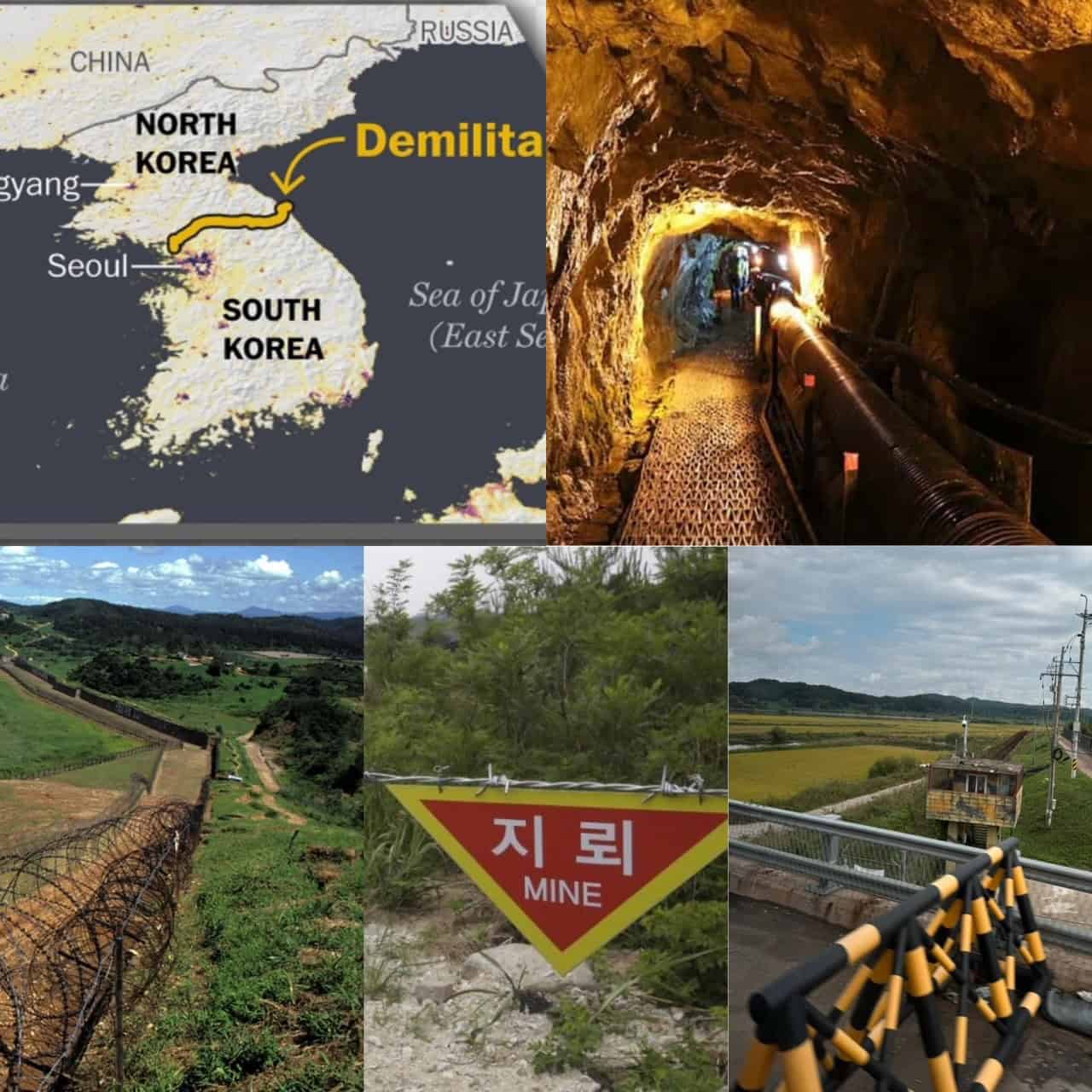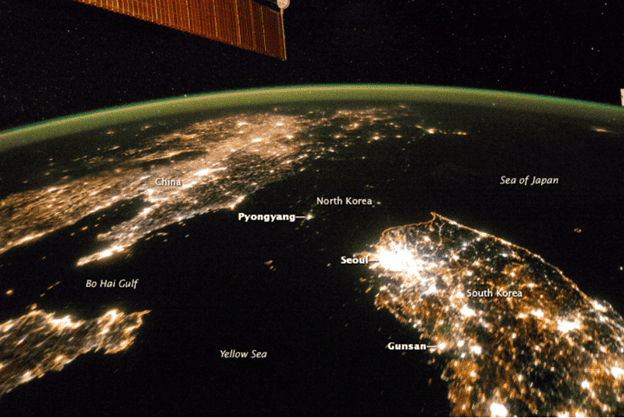
The Fourth Lausanne Congress, September 2024, Memos from Incheon, Memo #8
What war isn’t over and has been going on since 1950?
Answer: The Korean War, sometimes known as “the forgotten war.” Despite signing a ceasefire in 1953, the conflict between North Korea (the Democratic People’s Republic of Korea) and South Korea (the Republic of Korea), remains unsolved. The North Korean communist government is still at war with South Korea. Both claim to be the only legitimate government of Korea. Together they maintain one of the most heavily armed borders in the world. And this year in January, tensions got worse when North Korea declared it is no longer interested in reunification. North Korean supreme leader Kim Jong Un said that inter-Korean relations had become “a relationship between two hostile countries and two belligerents at war.”
Economically and politically, North Korea is cut off from South Korea. North Korea is not only one of the poorest countries in the world, it remains one of the most repressive countries in the world. In fact, just this week, North Korea expanded its list of crimes punishable by death. It now not only includes anti-state propaganda and acts of agitation, but also wearing blue jeans or sunglasses!
In 2014, astronauts on the International Space Station took a nighttime photo of the Korean Peninsula showing the stark contrast between the two nations. While South Korea was brightly lit, evidencing economic vitality, North Korea was largely dark. This year they took another photo and the image remains about the same.

While visiting South Korea this week, I took a day trip up to the heavily armed border. There’s lots of military equipment, high barbed wire fences, and mine fields galore. I noticed several large towers on both sides of the border. One radio tower on the South Korea side had a cross on the top. It was to signal to people in the north that in South Korea there is religious freedom. Whereas the largest tower on the North Korean side is a jamming tower to block radio messages coming from the south into the north.
While there we toured one of the invasion tunnels (the third tunnel) underneath the DMZ (Demilitarized Zone) that was dug by the North Koreans. So far four such invasion tunnels have been discovered. The first in 1974. The second in 1975. The third in 1978. And the fourth in 1990. The one we went through was large enough for an army of 30,000 soldiers to pass through in an hour. What is their purpose? To facilitate an invasion of Seoul. Estimates are there are at least twenty such invasion tunnels going from the north to the south to assist in the next invasion. These are sophisticated tunnels going through granite!
By the way, since 2006, North Korean advisors have significantly assisted Hezbollah’s tunnel project for planning invasions into northern Israel. Hezbollah in turn gave this expertise to Hamas. Two years ago, I got to tour one of the discovered Hezbollah tunnels on Israel’s northern border. These are also sophisticated tunnels with ventilation and small train cars to quickly move materials.
In his book Things That Matter, the late political commentator Charles Krauthammer talks about the importance of politics. Krauthammer write, “You can have the most advanced and efflorescent of cultures but get your politics wrong…and everything stands to be swept away.” Then he adds, “politics, because of its capacity, when benign, allows all around it to flourish…but when malign, it can make everything around it wither.” He then observes, “this is no abstraction. We seek it in North Korea.”
Sometimes evangelical leaders publically minimize the importance of politics. Perhaps that is because some of us have lived in a stable political order for so long that we think it is natural. But it isn’t. There is a big difference between political systems. Political ideas really do have consequences. South Korea is a democratic republic. In such a government the sovereignty resides with citizens, power is defused, and certain rights are vigorously protected. But in a totalitarian government, sovereignty resides with a dictator or the party. In North Korea, power is concentrated in the supreme leader—first King Il Sung, (who died in 1994), then his son Kim Jong Il (until 2011) and now the grandson Kim Jong Un.
While looking over the North Korean border the other day, we could see in a distance statues of the supreme leader. Our guide told us that there are an estimated 35,000 statures of the Kims in North Korea. Why? Because the supreme leader is essentially a god. This is one reason why totalitarian despots hate religion—it poses a higher God to whom they must be accountable.
This is the difficult situation that the North Korean church finds itself in. North Korea is essentially an atheistic state with a secular god. Open Doors International ranks it as the worst country in the world in terms of Christian persecution. Christians can’t meet together to worship or share their faith. Owning a Bible is illegal. If caught with a Bible or singing a hymn, people can face up to 15 years in a labor camp.
Still, there is an underground church in North Korea. God’s Word is not bound. Open Doors International estimates that the number of Christians in North Korea is between 50,000 to 70,000. While they can’t own Bibles, they often secretly create and share handwritten portions of the Bible.
This week South Korean church leaders urged Lausanne delegates to pray for North Korea. How? Pray for the church there. Pray for an end to the political persecution of Christians. Pray for peace in the Korean peninsula. Pray for the restraint of evil as the north often threatens its enemies with nuclear weapons. Pray for political and religious freedom. Pray that God would open a door for the gospel to be proclaimed without hinderance or fear. Pray for the day that hostilities officially cease and the country is reunited in a peaceful way. Pray for a just political order there. Pray that the whole peninsula may know the Lord. That’s how South Korean Chistian leaders urged us to pray for the north.

1 Comment
Your comments are 100%accurate and true. Having spent a brief time there with my AirForce family, being in China also, has blessed me with indelible memories. Thank you for sharing.🙏🏻